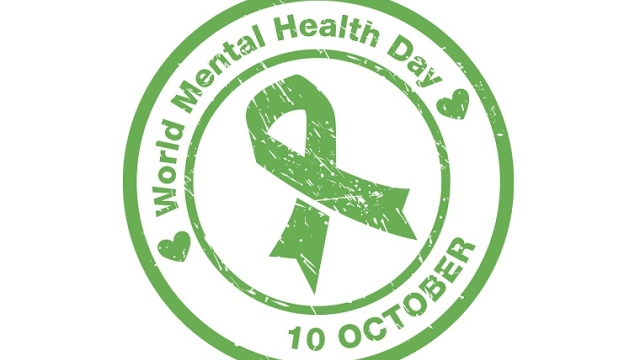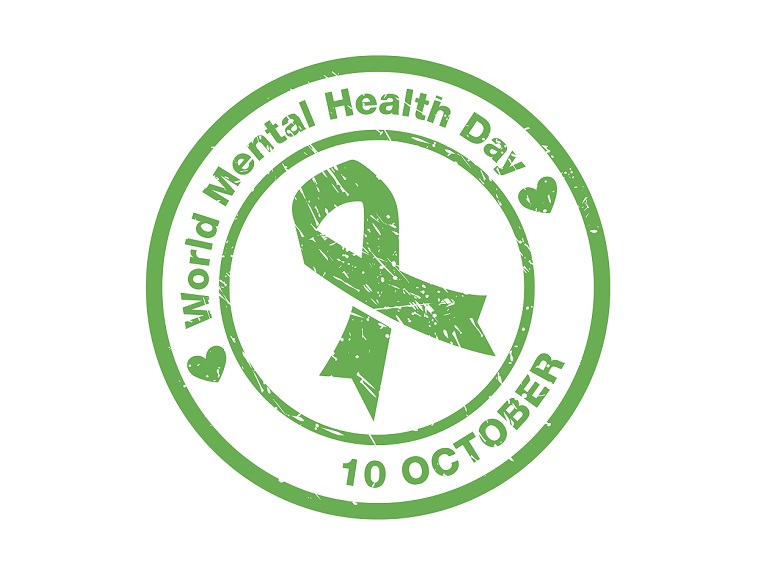
Breaking Barriers: Unveiling the Power of Mental Health Awareness
Mental health is an integral part of our overall well-being, yet it remains a topic shrouded in silence and stigma. It is time to break down the barriers that prevent open discussions and unveil the power of mental health awareness. In today’s fast-paced world, more and more individuals are grappling with various mental health challenges, such as anxiety, depression, and stress. It is crucial that we shed light on these issues, destigmatize them, and provide support and understanding to those in need.
Addressing mental health goes beyond the individual; it encompasses our families, communities, and society as a whole. By creating an environment that encourages dialogue, education, and acceptance, we can empower individuals to seek help, engage in self-care practices, and build resilience. Unveiling the power of mental health awareness means acknowledging that everyone’s journey is unique, allowing ourselves to be compassionate listeners, and fostering an inclusive and supportive community.
Awareness of mental health not only improves the lives of those directly affected but also has a ripple effect that can positively impact society at large. It is time to dismantle the walls of silence and judgment surrounding mental health, opening doors for meaningful discussions, support networks, and access to appropriate resources. Together, let’s break these barriers and embrace the power of mental health awareness to create a healthier, more empathetic world for everyone.
Understanding Mental Health
Mental health is a vital aspect of overall well-being. It encompasses our emotional, psychological, and social well-being, affecting how we think, feel, and act. It is important to acknowledge that mental health exists on a continuum, varying from individual to individual.
Everyone experiences ups and downs in their mental health at various points in life. Good mental health means being able to cope with daily stresses, maintaining positive relationships, and contributing to society. On the other hand, poor mental health can impact one’s ability to function and lead a fulfilling life.

Factors contributing to mental health can be biological, such as genetics or brain chemistry, as well as environmental, such as upbringing or exposure to trauma. These influences can increase the likelihood of developing mental health conditions or disorders.
Understanding mental health extends beyond recognizing illnesses like anxiety or depression. It also involves promoting positive mental well-being and fostering an environment that supports mental health awareness and wellness for all individuals, regardless of their background or circumstances.
By increasing awareness and dispelling myths surrounding mental health, we can break barriers and enhance understanding. It’s essential to encourage open conversations, reduce stigma, and ensure access to support for those in need.
In the next section, we will explore the impact of mental health on individuals and society, shedding light on the importance of addressing mental health concerns to create healthier communities. Stay tuned!
Challenges and Stigma
Mental health faces numerous challenges, including persistent stigma from society. This stigma can manifest in various forms, such as discrimination, judgment, and the marginalization of individuals dealing with mental health issues.
One significant challenge is the lack of understanding surrounding mental health. Many people possess limited knowledge about mental disorders, resulting in misconceptions and stereotypes. This ignorance further perpetuates the stigma, making it incredibly difficult for individuals to seek help or support.
Another challenge lies in the societal pressure to conform to unrealistic expectations of what constitutes "normal" behavior. People with mental health conditions often feel compelled to hide their struggles, fearing rejection, ostracization, or professional repercussions. This fear of being labeled as "weak" or "crazy" reinforces the existing stigma and hampers open discussions about mental health.
Moreover, the stigma associated with mental health impedes access to proper care and treatment. People may avoid seeking professional help due to the fear of being judged or stigmatized by their peers, family, or colleagues. This leads to delayed or inadequate treatment, which can exacerbate mental health conditions and hinder the recovery process.
Addressing these challenges and combating the stigma surrounding mental health requires collective effort. Education and awareness campaigns play a crucial role in dispelling myths, promoting understanding, and fostering empathy. By fostering an environment of acceptance and support, we can create a society that values mental health as much as physical well-being.
Promoting Mental Health Awareness
Creating a society where mental health is properly understood and supported requires active promotion and awareness. By expanding education, combatting stigma, and encouraging open conversations, individuals and communities can come together to break down barriers and support each other’s mental well-being.
Education is a crucial factor in promoting mental health awareness. By providing accurate and accessible information, people can gain a better understanding of mental health conditions, their symptoms, and available treatments. Providing educational resources in schools, workplaces, and community centers can help dispel myths and misconceptions surrounding mental health, empowering individuals to seek help and support when needed.
One of the biggest challenges in combating mental health stigma. Stigma can prevent individuals from seeking help, as they may fear judgment or negative consequences. By raising awareness and challenging stigmatizing beliefs, we can create an environment that encourages people to speak out about their mental health struggles without fear of discrimination. This can be achieved through public campaigns, media representation, and promoting stories of recovery and resilience.
Reserve Your Spot
Open and honest conversations about mental health can help normalize the topic and promote understanding. Encouraging individuals to share their experiences and emotions can create a safe space for others to do the same. Support groups, community events, and online platforms can all provide opportunities for individuals to connect, share, and seek support from others who have experienced similar challenges. These conversations can also help in identifying early signs of mental health issues and providing timely interventions.
By actively promoting mental health awareness through education, combating stigma, and encouraging open conversations, we can create a society that prioritizes mental well-being. Together, we can break down barriers and ensure that everyone has access to the support and resources they need to thrive.

